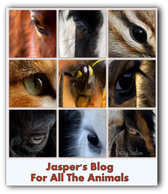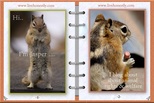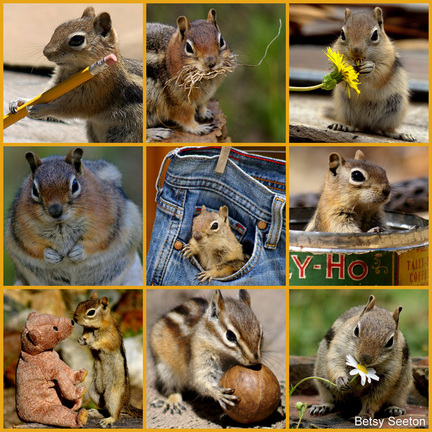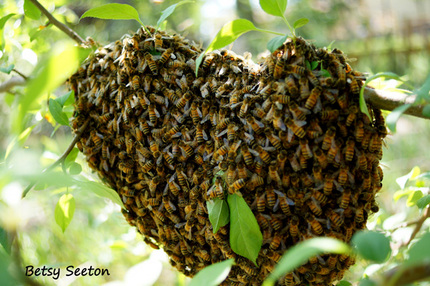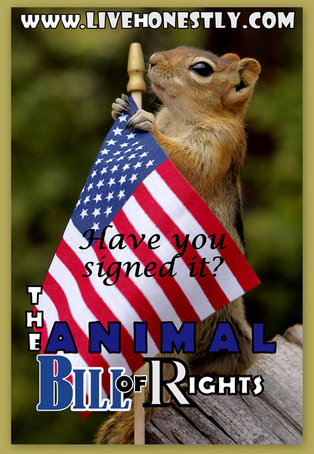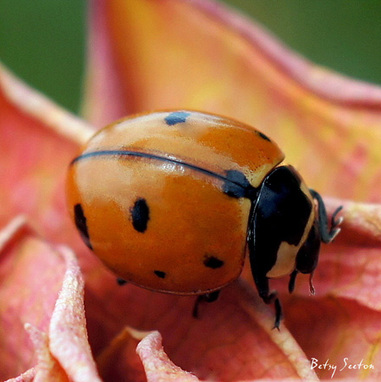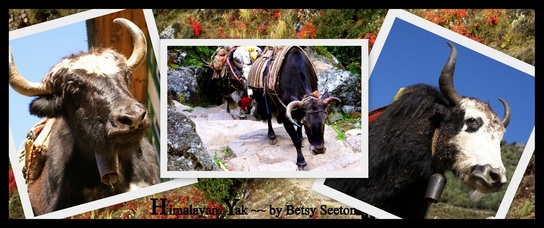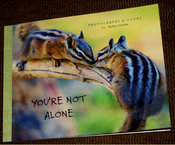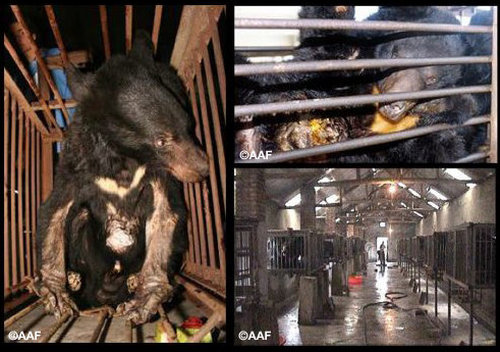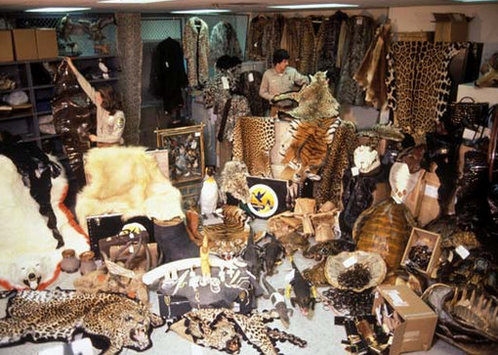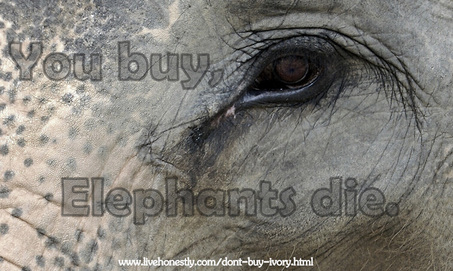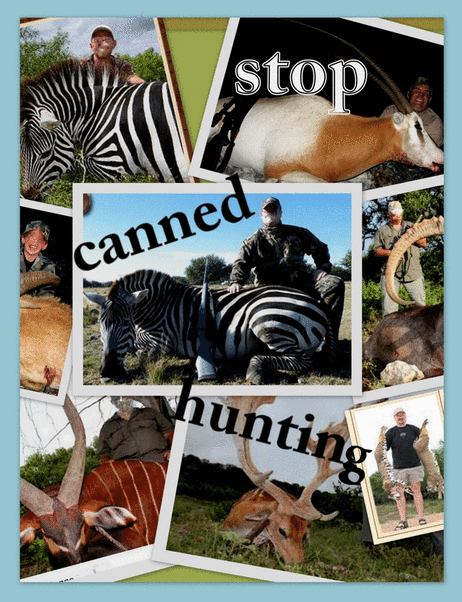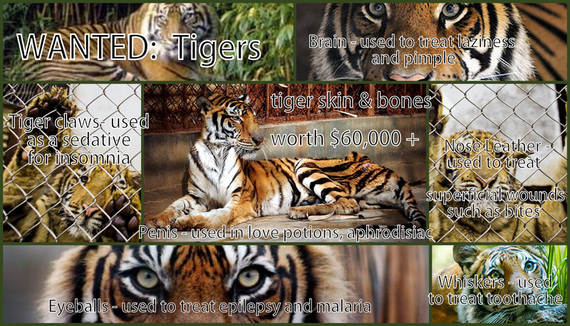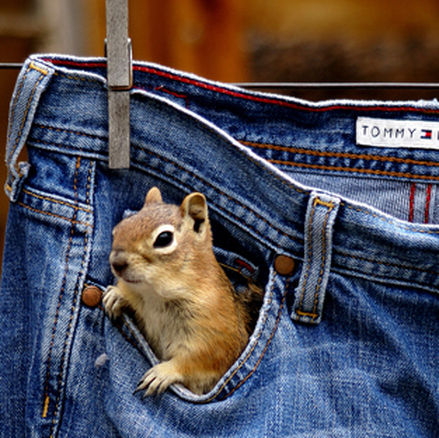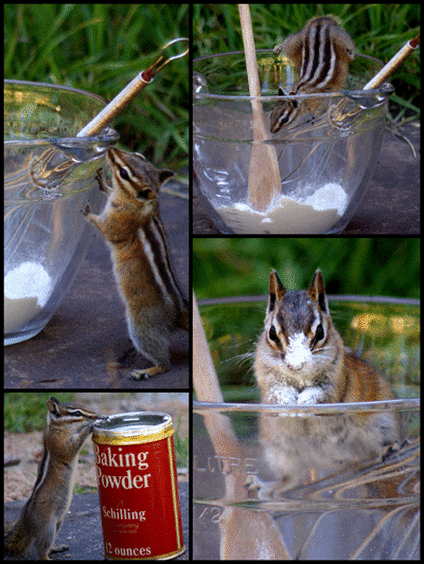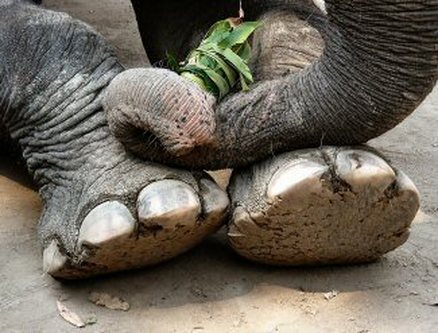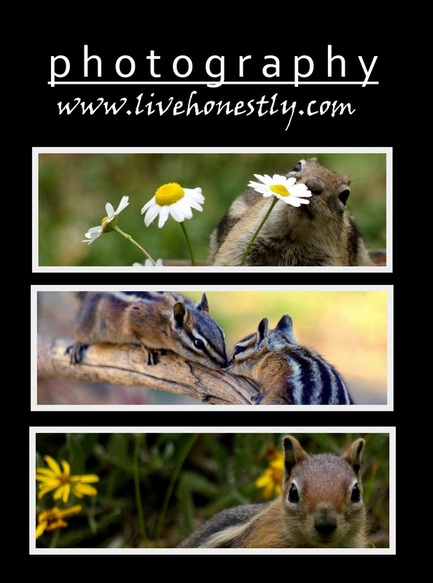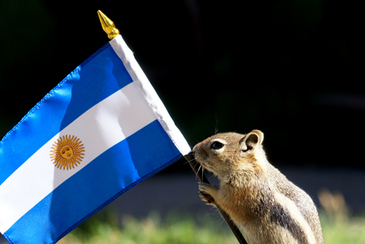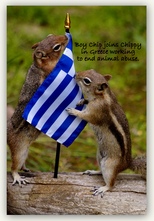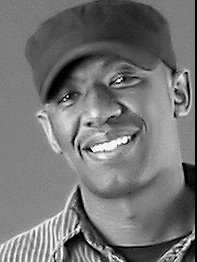 Dear Friends, My name is Solomon W. Jagwe. I am a Ugandan, Independent Film Director, 3D artist and Animator, based in Fayetteville, NC, USA. (http://www.sowl.com ) I came to the US in 1996 to finish my degree in Art. It was through a series of miraculous events and a very kind English Lady, called Hazel Collett, that I met on a plane out of Uganda. She ended up offering to pay all my tuition and has since become a very good friend to my family and I. I am a proud father of 2 lovely children, Solomon and Jasmyn. I met my lovely wife, Nerissa, on my first day in college, yes my college sweetheart . We have been married for 10 years now. I am so grateful to Hazel, because without her sacrifice i never would have acquired the animation skills that have enabled me to take on the project that this website is about. I am working on a short animated film entitled Galiwango, Obulamu Bwe Kisodde, seeking to sensitize my fellow country men in Uganda, the DRC and Rwanda about the plight of the last remaining mountain gorillas. The sound track of the film is by NAACP image Award nominee Omega Bugembe Okello: Song Title “Tugilabilile” (http://www.omegaworldmusic.com ) I am looking for like minded people with whom I can partner to help with funding the project. I am currently doing everything, from the voices, to the motion capture acting, the rigging of the characters, the animation, rendering etc. The film was Written, Directed and animated by me. Other Ugandan’s who have been key to the progress of the project so far include Ronnie Mayanja (Editor, UNAA Times), George Mulindwa (Recording Artist and playwright), Omega Bugembe Okello (Recording Artist), Fyonna Nsubuga (Recording Artist), Eddie Sakwa (Graphic Artist), The Batabazi Warriorz, Robert Kayanja, and Patrick Ssozi (Recording Artist)
I have been working in the gaming and simulation industry for over 12 years now. I have watched alot of films and documentaries about Mountain Gorillas, but none seem to effectively target the local populations where the suffering is most ardent. The majority of the documentaries about gorillas, are written in English, a language which the majority of the local populations, where the Gorillas live, do not speak or read fluently. I want to use the skills I have picked up and my African roots, to reach out and create a somber but humor filled animated film, that both adults and children can appreciate. My goal is to draw attention to the existence of this unique natural resource that many of my countrymen don’t know exists right in their backyard. Galiwango is a tribute to my grandmother, the late Mrs. Miriam Ssejjobyo, who taught me how to tell stories as a young african boy. I vividly remember sitting by her feet and listening intently as she recounted stories of Waguluddene, wakayima and wango. I drew on those fond memories when I started writing the story of Galiwango; Obulamu Bwe Kisodde (The life of a Gorilla). The subject matter is drawn from my longstanding fascination with nature and wild life as a whole. I have always loved studying wild animals, birds and fish. I remember how I used to skip lunch, while in boarding school, and spend that time reading Encarta encyclopedias filled with beautiful images of creatures from all over the world. Mountain gorillas captured my imagination not only because of their immense size and grace but also by the alarming rate at which they were disappearing from the face of the planet. It was quite sobering and rather saddening to think that these awesome creatures might not be around for future generations to appreciate. Like my late grandmother, I wanted to tell stories about the struggles and triumphs of the Gorillas. I tell the story from a captured Gorilla’s point of view. I weave into the tale a human element of interaction with technology, war and humor. I chose the Luganda name Galiwango for the main character because of its meaning of great size and strength. The final film is told in Luganda by Galiwango as the narrator. It will have English close captioning for those who don’t speak or read Luganda. Galiwango’s story begins deep in the thick tropical forests that hug the imposing Virunga Mountains. I trace Galiwango’s journey as a captured baby Gorilla who is taken away from Uganda and illegally sold to a research facility in an undisclosed western country. As part of an illegal animal trafficking network, a group of scientists teach Galiwango how to use technology with the intent of profiting from the success of the project. Years later, Galiwango’s journey comes full circle to Uganda via an unfortunate or fortunate event. A transport plane carrying technical equipment and a crate housing Galiwango, is shot down by rebels as it flies over the virunga mountains enroute to another research laboratory. It’s at the transport plane crash site that Galiwango encounters two other Gorillas, Muwanguzi, an aging but wise Silver Back Gorilla, and an escaped young Gorilla called Lutalo, who carrys a rifle that got stuck on him when he escaped from a gang of poachers. The rest of the story explores the dangers of living in a forest that is rife with conflict and greed. Close encounters with poachers and rebels drive the constant need by Galiwango and his friends to be alert and staying on the run as they struggle to stay alive. Gorillas are intensely family oriented creatures and that fact is evident in the interaction between Muwanguzi and Galiwango. Muwanguzi tries to fill the role of an optimistic father figure for the orphaned Galiwango and Lutalo plays the role of a rather skeptical and contentious friend. My hope is that we all can appreciate what a rare gift we have been given by God through the unique location of the mountain gorillas. They exist only in Uganda, Rwanda and the DRC. I also hope that as concerned citizens, we can take steps to help fight against the ever impending possibility of the extinction of mountain Gorillas. I hope that Galiwango plays a part, however small, to the conservation of the Mountain Gorillas. I also would love to look back and say that I was as good a story teller as my late grandmother and that I was able to positively impact my fellow countrymen and women through the story of Galiwango and his friends. I am grateful to her for helping capture the tales of Elephants, leopards, and hares in the stories she told me. Looking forward to hearing from you. Sincerely Solomon W. Jagwe Cell: 703 380 9468 Email: [email protected] Web: www.galiwango.com | www.sowl.com | www.unaatimes.com
0 Comments
Your comment will be posted after it is approved.
Leave a Reply. |
"Ask not what an animal can do for you; ask what you can do for an animal." Jasper
"The animals of the world exist for their own reasons. They were not made for humans any more than black people were made for white, or women created for men." ~Alice Walker The source of the quote is Walker's preface to Marjorie Spiegel's 1988 book, "The Dreaded Comparison" . Her next sentence was, "This is the gist of Ms. Spiegel's cogent, humane and astute argument, and it is sound." Archives
February 2015
"I was so moved by the intelligence, sense of fun and personalities of the animals I worked with on (the movie) Babe that by the end of the film I was a vegetarian." ~ James Cromwell Categories
All
|

